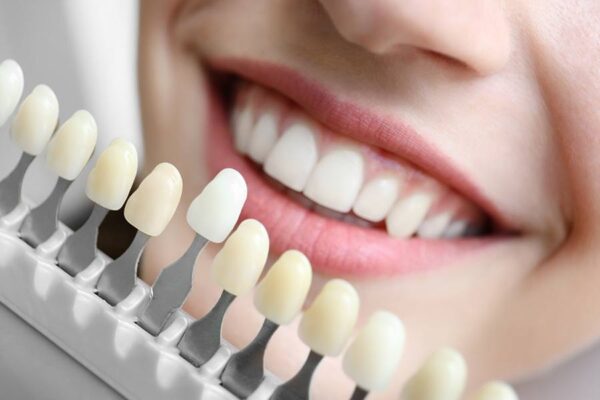Gum disease, injury, tooth decay, or genetic conditions are all potential culprits for missing teeth. Regardless of the cause of your missing teeth, you have various treatments to help you restore your lost tooth and improve the overall appearance of your mouth. Examples of tooth replacement options include dental implants, dentures Falls Church, and bridges. Your dentist will recommend the best replacement option based on your individual needs. This article focuses on dentures as a tooth replacement option.
What are dentures?
Dentures are removable prosthetic devices that dentists use to replace missing teeth and surrounding soft tissues in your lower or upper jaw. There are complete and partial dentures; the former is used when all teeth are missing, and the latter when you have some natural teeth remaining. Read on to learn about the two types of dentures.
Complete dentures
Complete dentures fall under two categories, conventional or immediate.
Conventional dentures can be made after the teeth have been removed and gum tissue healing has begun; they are usually ready for placement about eight to 12 weeks after teeth removal. On the other hand, immediate dentures are made in advance and can be positioned right after removing teeth. Therefore, you don’t have to be without teeth as your gums heal. On the downside, immediate dentures require more adjustments to fit properly because gums and bones shrink over time, especially during the healing period after tooth removal. Therefore, immediate dentures should only be considered a temporary solution as you wait for conventional dentures to be made.
Partial dentures
If you have some natural teeth remaining in your upper or lower jaw, your dentist may recommend partial dentures. Partial dentures have replacement teeth attached to a plastic base that has the same color as that of your gums. The gum-colored plastic base is sometimes hooked to a metal framework that holds the denture in place for additional stability.
What are the other alternatives to dentures?
Implants can support cemented bridges; they are not removable and do not slip in and out of place. If you do not want removable oral appliances, your dentist may recommend implanted-supported dentures. On the downside, only some people are eligible for dental implants; it is best to consult your dentist to establish eligibility.
What to expect after getting dentures
New dentures may feel loose for the first few weeks after getting them. It might take some time before your tongue and the muscles of your cheeks learn to keep the dentures in place and you get comfortable inserting and removing them. You may also experience minor irritation or soreness, and the saliva flow may increase. Eating may also be uncomfortable for a few weeks; you want to start with soft foods and cut them into small pieces. You may also have difficulty pronouncing certain words, but with practice and time, you get accustomed to speaking properly with dentures.
These problems usually go away as your mouth adjusts to the dentures. Your appearance will not change as much since dentures are made to match your natural teeth closely. Dentures fill out your facial appearance and improve your smile.
If you have further questions about dentures, consult your dentist at Gentle Touch Dental PC.



